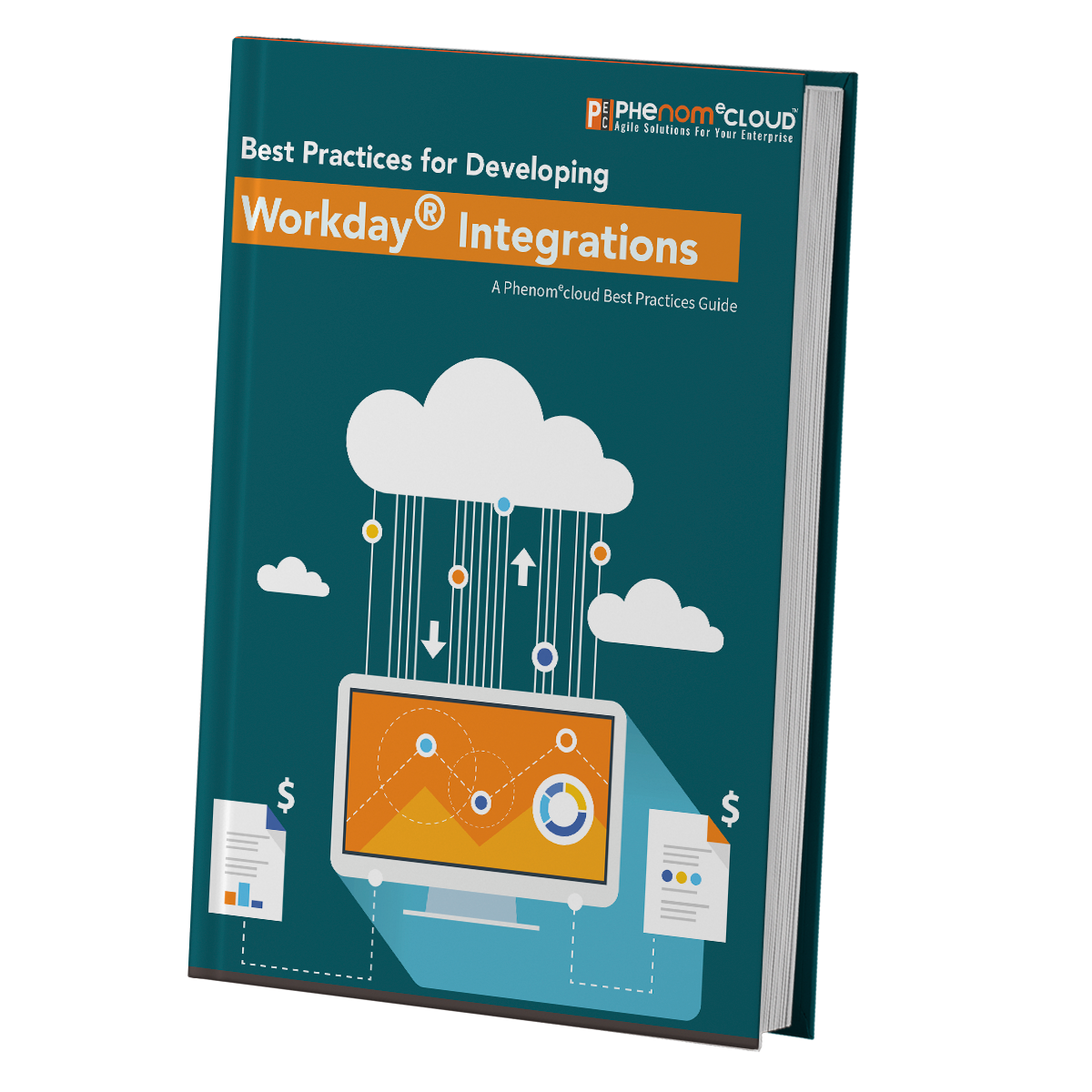
People make mistakes. None of us is perfect, but when we work with our business applications, we do have a perfect defense against catastrophic human error. Backing up your Workday® application is your safeguard against errors that could affect your business operations.
Whether you are in the implementation phase of your Workday® project or already launched, you have several tenants to maintain, and some of that work will include making backups.
For those not yet initiated, tenants are Workday® instances you sign into separately for different purposes. For those coming to Workday® from the legacy ERP world, a Workday® tenant corresponds to an instance of your environment.
Workday® Tenants
In a typical implementation, a customer will have tenants in the following list. There could be more depending on the organization's needs. You can also request additional tenants, depending on your need.
- GMS (Global Modern Services Tenant): a services tenant with fictitious test data for Workday® implementation partners to create demos, test upgrades, and try configurations.
- Initial Prototype Tenant: the initial client setup.
- Config Prototype Tenant: where you perform all your configurations.
- Gold Tenant: an empty instance used to load customer data. It is used to create the production tenant.
- Production Tenant: When your quality assurance has determined the Gold Tenant meets all your requirements, you request Workday® to move it to production. Workday® then makes a copy of the production tenant to create your Sandbox Tenant.
- Sandbox Tenant: used to test changes like new integrations, custom reports, and configurations. You will also use it to try new features before they are released into your production. The sandbox is refreshed weekly from production, so if you are working on a change you need to keep, you will need to request your sandbox is not refreshed.
- Implementation Tenant: used as part of your implementation phase, to create a new tenant, copy an implementation tenant to another implementation tenant.
In a deployment, you will typically have a GMS tenant with demo data, a prototype for configuration, a testing tenant, and a gold tenant. You may need others if, for example, you are working on a large number of complex integrations.
After go-live, you will have a production tenant and a sandbox, but you may have more depending on your organization needs.
You will want to back up your tenants when you are performing operations you might need to undo, such as a data load, an organizational change, or to save scenarios from testing.
Tenant Backup Restrictions
Only users with the implementer role can export tenants from the Workday® application and perform a restore from an export file. The following rules and restrictions apply to tenant backups.
- During deployment, your implementer can take exports, and conduct restores from implementation and gold tenants. Workday® cannot perform a point-in-time restore of a deployment or implementation tenant. Implementers must manage this through the export and restore process.
- Implementers cannot export from your sandbox, and Workday® cannot process a sandbox backup request.
- Implementers cannot take exports from production. Instead, you or your customer Named Support Contact must submit a Production - Data Backup tenant management request.
- Only five backups are allowed during a three-week period.
- If you perform five exports, additional exports will cause the server to delete the oldest export files, so the number of export files does not exceed five.
- Keep a list of export file names. Workday® does not track them, and there is no way to get a list of export files.
- The server deletes backups after three weeks.
- Your implementer can perform exports and restores only from the tenant they are logged in.
Backups are your best defense against catastrophic mistakes. We recommend you use them whenever you make major changes.
PhenomᵉCloud is a comprehensive technology solutions provider committed to empowering businesses to overcome challenges, enhance their workforce capabilities, and achieve superior outcomes.
Free eBook
Best Practices for Developing Workday® Integrations.
Learn how you can prevent bottlenecks and failed data transfers in Workday® Integrations.


Leave a Comment